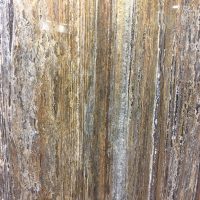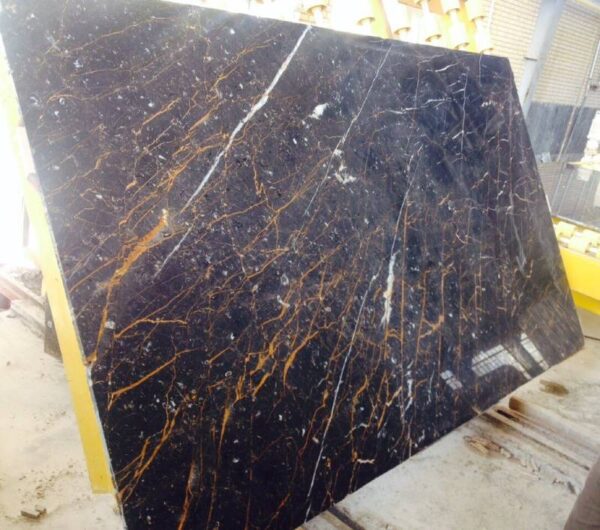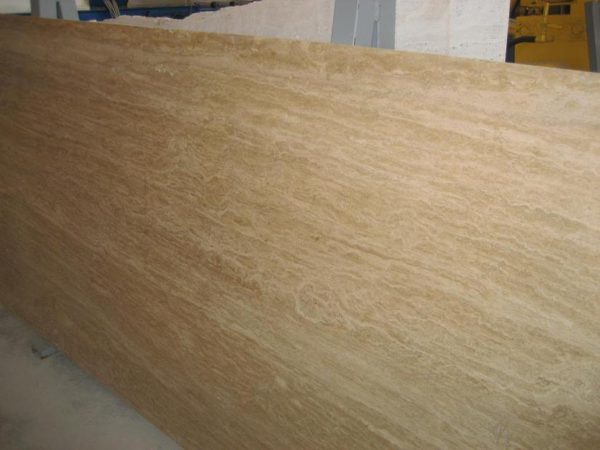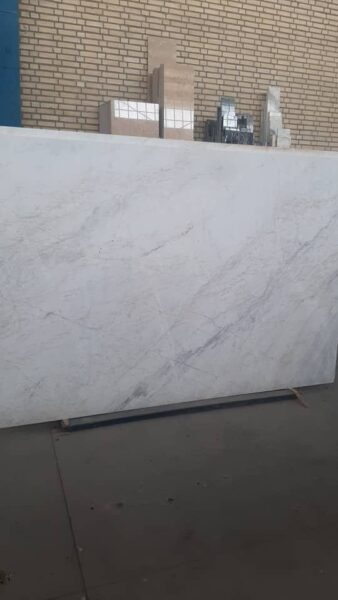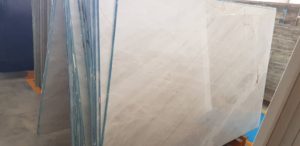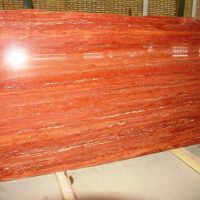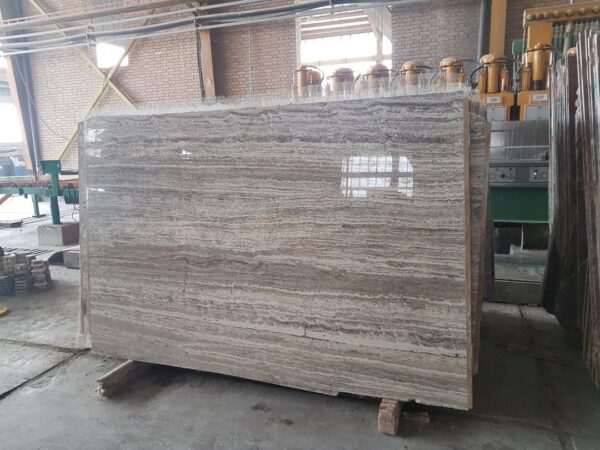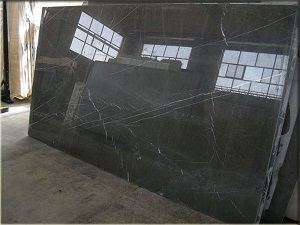A Complete Guide for Success
Exporting travertine to Turkey can be a lucrative opportunity, given the country’s rich history of natural stone used in construction and design. Turkey has a significant demand for high-quality travertine, both for domestic projects and re-export. This guide will walk you through the essential steps to ensure a smooth and profitable export process.


How to Export Travertine to Turkey
Turkey is one of the world’s leading consumers and producers of travertine, a natural stone used extensively in building, flooring, and decor. To successfully export travertine to Turkey, it is essential to understand market dynamics, regulations, and logistics.
Market Demand for Travertine in Turkey
Turkey’s construction industry, booming with both residential and commercial projects, drives the demand for natural stones like travertine. While the country has its own travertine production, there is still demand for high-quality and unique varieties from international suppliers. The stone is used in various applications, including flooring, walls, and facades in hotels, office buildings, and luxury residences.
Competitive Advantage: To compete effectively, offer premium travertine with unique colors, finishes, or custom cuts. Turkish buyers appreciate high-quality, precision-cut, and polished stone, which meets their strict standards for both domestic and international projects.
Compliance with Export and Import Regulations
Exporting travertine to Turkey requires adherence to both your country’s export regulations and Turkish import requirements. Turkey has specific guidelines for the import of natural stones, including product certifications and documentation that meet local standards.
Key Documents for Exporting to Turkey:
- Commercial Invoice
- Packing List
- Certificate of Origin
- Bill of Lading
- Product Quality Certification
Ensure that these documents are accurate and complete to avoid delays at Turkish customs. Working with a customs broker familiar with Turkish import regulations is advisable to ensure smooth customs clearance.
Tariffs, Duties, and Taxes for Travertine in Turkey
Understanding the tariffs and taxes on travertine imports is crucial for setting your pricing strategy. Turkey imposes customs duties and VAT (value-added tax) on imported goods, including natural stone like travertine. The exact rates depend on the product’s classification, so it’s essential to calculate these costs in advance.
Check if your country has a trade agreement with Turkey that may reduce or eliminate tariffs on travertine imports.
Logistics and Shipping Travertine to Turkey
Transporting travertine to Turkey requires careful planning due to the stone’s weight and fragility. Most exporters opt for sea freight, as it is the most cost-effective method for heavy materials like natural stone. Alternatively, road transport may be used for closer distances or smaller shipments.
Logistics Considerations:
- Packaging: Travertine should be securely packed in durable wooden crates with ample padding to prevent damage during shipping.
- Incoterms: Clarify with your Turkish buyer to establish who is responsible for shipping costs, insurance, and risks.
- Freight Forwarding: Partner with a reliable freight forwarder experienced in handling natural stone shipments to ensure timely and safe delivery.
Purchasing shipping insurance is highly recommended to protect against potential damage or loss during transport.
Building Relationships with Local Importers in Turkey
Establishing strong relationships with local distributors, importers, or agents in Turkey is essential for a successful export business. They can help navigate local market demands, regulatory compliance, and distribution channels. Additionally, a local partner can provide valuable insights into customer preferences and help you connect with potential buyers in Turkey’s thriving construction and design industries.
Secure Payment Terms: Negotiate reliable payment methods, such as Letters of Credit (LC), to reduce financial risk. Also, consider currency fluctuations when dealing with Turkish lira (TRY) and adjust your pricing accordingly to maintain profitability.

